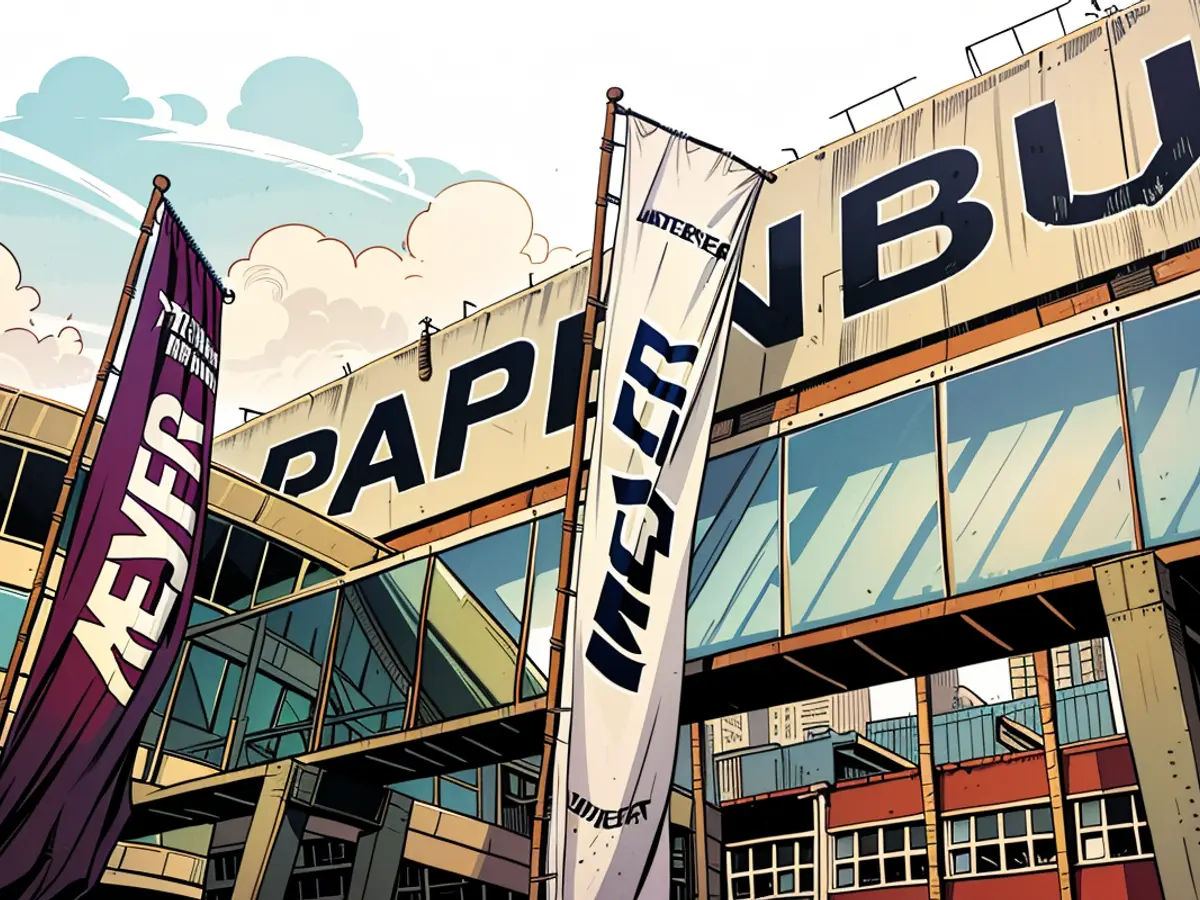Meyer Werft's Financial Assistance request Raises Questions
Marcel Fratzscher, the head of the German Institute for Economic Research Berlin,expresses his bewilderment over the need for substantial financial aid for shipbuilder Meyer Werft, famed for its cruise ships. "Frankly, I struggle to understand why this company requires such critical support in Germany right now. It really doesn't," he shared with NDR.
He stresses the importance of not intervening in every company's predicament, emphasizing, "It's crucial to acknowledge that we can't undertake everything in Germany. We can't produce every product."
Fratzscher also raises concerns about Meyer Werft's commercial viability. "What's concerning is that a business is struggling, yet no private investor is willing to collaborate, even with such generous government guarantees," he stated, viewing it as a red flag that indicates an unstable future for the company.
Germany and Lower Saxony have promised state aid to Meyer Werft, aiming to fill a near 2.8 billion euro funding gap by mid-September. However, the final decision on the rescue is undecided.
Reports suggest that both the federal government and Lower Saxony may contribute around 900 million euros in guarantees and temporarily acquire up to 80-90% ownership of the shipyard. Media also hints at additional payments of 200 million euros for this endeavor.
Fratzscher expresses his disbelief about the need for financial aid, stating, "I find it hard to grasp why Meyer Werft requires such substantial support at this point in time, given Germany's current economic situation." Later, he voices his concerns about private investors' unwillingness to back Meyer Werft even with potential government investment, increasing concerns about the company's long-term sustainability.
Factors contributing to concerns:
- High costs for new fuels and technologies: As many other shipyards, Meyer Werft is grappling with considerable costs associated with transitioning to cleaner fuels and technologies.
- Infrastructure development: The lack of infrastructure for alternative fuels, which is still developing, adds to the operational costs and hinders the adoption of new technologies.
- Policy differences and compliance: Policy inconsistencies between regions complicate compliance with new emissions reduction and sustainability regulations. This complexity hinders the adoption of new technologies and fuels, creating uncertainty for the company.
- Financial Distress: Meyer Werft is currently struggling financially due to these costs and the need for significant investments in new technologies.
- Economic and regulatory challenges: The global maritime industry is encountering economic downturns and legal challenges, which exacerbate the financial difficulties faced by shipyards like Meyer Werft.
- Industry Transformation: The maritime industry is undergoing rapid transformation towards cleaner and more sustainable operations. However, the necessary investments can be daunting for companies facing financial difficulties.
Sources:
[1] S.M.I.T., T. (2021). The impact of the energy transition on maritime transport and the opportunities for digitalisation. International Transport Forum.








